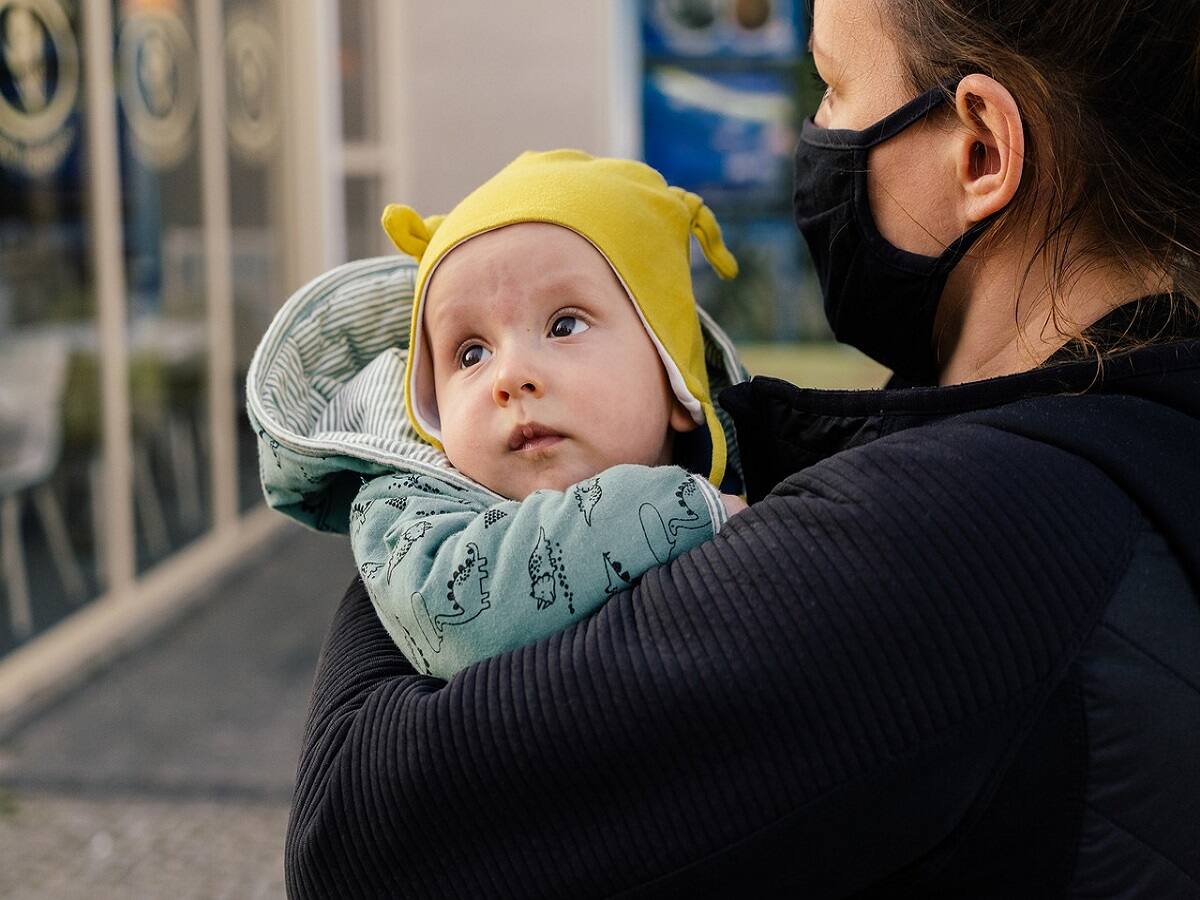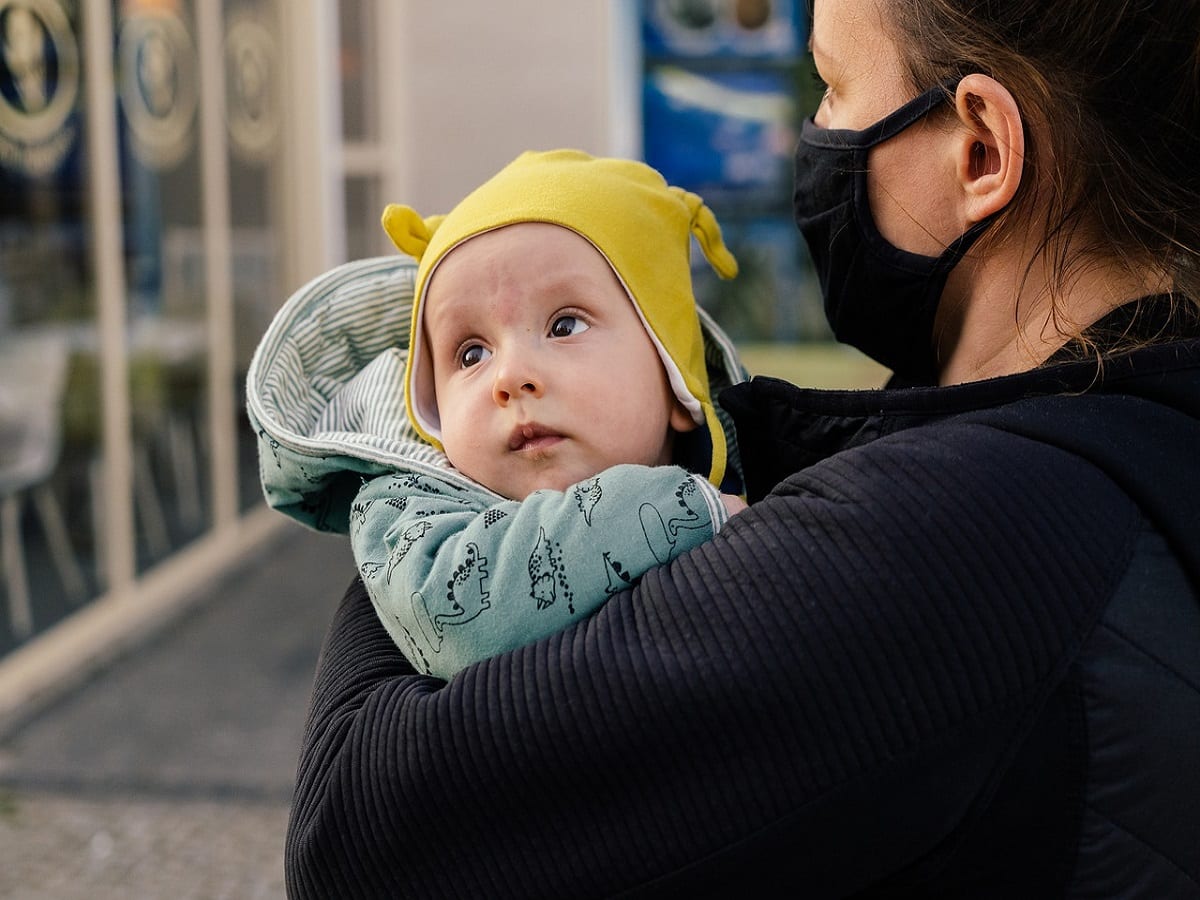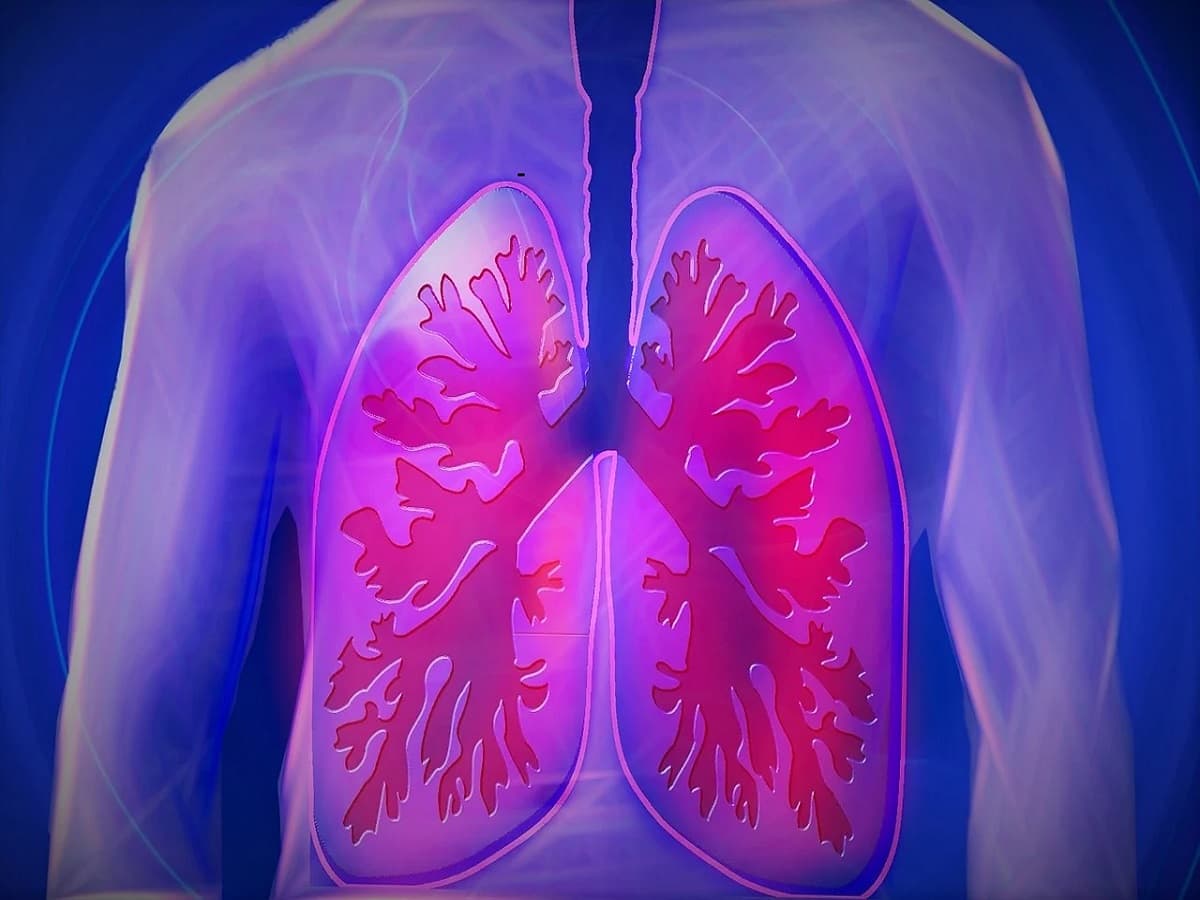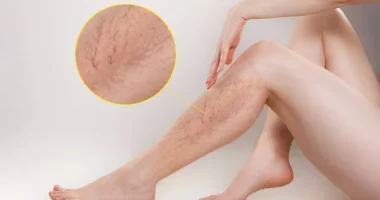 Congenital Heart Defect Tips are very important to aware of and we will be discussing it in this article
Congenital Heart Defect Tips are very important to aware of and we will be discussing it in this article
Is your child detected with a congenital heart defect? Then, it can be difficult to carry for the little one. The following tips may help you to take care of your child so that he or she stays comfortable and healthy.
Congenital heart defect (CHD) is an abnormality or structural problem of the heart which is seen by birth itself. One will have a problem in the walls of the heart, the valves and the arteries, or veins located near the heart. If the baby is born with congenital heart defects like aortic stenosis, atrial septal defect (ASD), atrioventricular canal defect, coarctation of the aorta (COA), Ebstein anomaly pulmonary stenosis ventricular septal defect (VSD), or any other problem then parents may experience various emotions like angry, guilty, scared, sad, frustrated, stressed, anxious or depressed.
Knowing your baby has a heart problem will shock you to the core. You will be disheartened and distressed. But, it will be imperative for you to take appropriate steps and care for the child. You and your child might have to make continuous trips to the hospital for certain tests, procedures, or surgery. The baby will need warmth, love, and attention.
How To Take Care Of A Baby With A Congenital Heart Defect?
- You need to carry some of your child’s familiar things to the hospital if he/she is required to get admitted. Favourite toys, games, or books will ease the child’s anxiety. You can talk to the child about his/her favourite movie, song, his/her game, or cartoons.
- Are you aware? Some heart defects like cyanotic defects, cause oxygen problems. This will suggest that the child’s body isn’t getting a normal amount of oxygen. Thus, you will have to calm the child. Try to prevent cyanosis by keeping your child warm, and giving smaller meals. Make sure that the child is not going through any heavy activities. You will have to give oxygen therapy at home to your kid and make all the arrangements for it. Don’t change the amount of oxygen you give your child without the advice of your doctor, avoid smoking around the child.
- Know how much medicine to give and how to give it. If your child takes a blood thinner, give them safely to the doctor. Do not miss the timing of the medicine.
- Learn to recognize the baby’s first signs of hunger before he/she starts crying. Your baby will have more energy to eat well if he or she isn’t tired from crying. You should feed the baby frequently but avoid heavy meals.
- A congenital heart defect can increase the chances of an infection in the heart called endocarditis. The child will have to follow a good oral care routine to avoid infection.
- Make sure that your child gets all the recommended vaccines to stay healthy. Not only this, those who are in close contact with such children should also stay updated with the vaccine schedule.
- Those children with congenital heart defects may have low self-esteem owing to the scars from surgery or constantly falling sick.
Note…
As children tend to get older, they need to be educated regarding their heart defects and how to care for their own health. The doctor can help the kid to know about some vital self-care skills such as medication, diet, and coping methods. It will be essential for these kids to lead a healthy life by eating well. Don’t miss the routine check-ups and follow-ups that you may require once a year.









